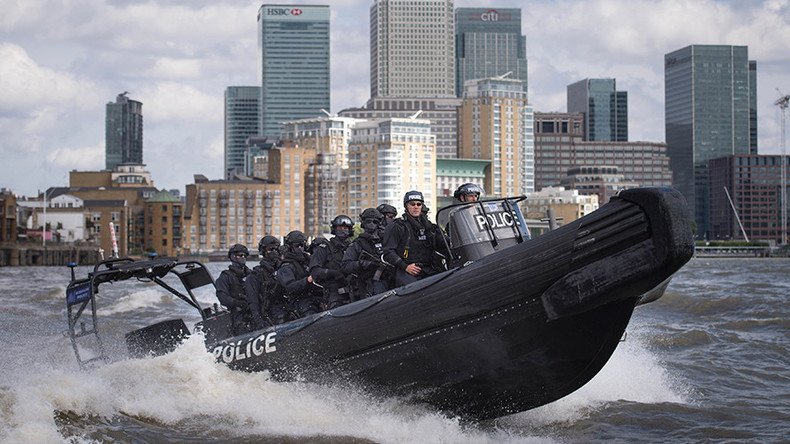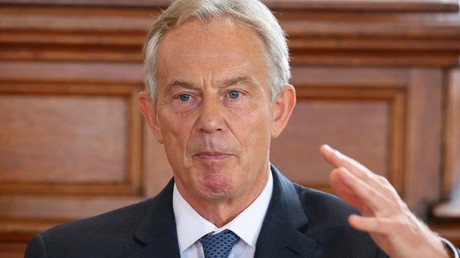Brexit fatal threat to War on Terror, says Europol chief

Britain’s departure from the European Union might prove fatal to international police efforts against terrorism, Europol’s director Rob Wainwright told the German press.
Europol’s latest regulations come into force in May 2017. But Westminster is yet to approve their use in Britain and Brussels fears Prime Minister Theresa May will soon pull Britain out of the European law agency too.
“The EU would sorely miss Great Britain’s leadership and vast expertise in security questions,” Wainwright told German newspaper Die Welt.
“The British are the strongest provider of intelligence to the Europol databases.”
“Britain is extremely important for Europol’s work, I hope the most effective solution is found so we can secure long-running cooperation,” he added.
An estimated third of all cases investigated by Europol were based on evidence provided by British authorities. Since 2014, London’s contributions to the European force’s work have grown by 50 percent a year. In the last five years British authorities were responsible for over 5,000 deportations of suspected criminals to other EU member states – though only 4 percent of those were British citizens. In turn, over 650 suspects were sent back to Britain from around Europe, of which nearly 60 percent were British criminals.
The UK has had a vital role in Europe-wide counterterrorism work ever since it began, which has allowed Britain to pick and choose which areas of police cooperation and home defense intelligence it wanted to share with the rest of Europe. Exclusion clauses in general EU policing regulations have been drafted for Westminster since 1997.
Yet, it is feared that May will prioritize her party’s unity over the serious security breaches Britain’s withdrawal from Europol could cause. Experts seem to believe it more likely the premier will let the deadline for the new Europol regulations pass before implementing them in the UK. She could then have a more flexible field to negotiate Britain’s terms of cooperation with European police forces.
What foreign policy?
But not all is well within Theresa May’s government, as even senior Conservative statesmen claim to have “absolutely no idea” over her foreign policies.
Despite flying to China this weekend for her first G20 international summit as Britain’s head of government, and recently conducting ‘brainstorming’ meetings with her cabinet on the ins and outs of Brexit, May is still perceived as too fuzzy on her diplomatic positions.
“There are lots of questions but very few answers,” a senior Tory told Politico.eu. Another fellow high-ranking party-member said: “I’ve literally no idea on foreign policy. It’s very difficult to say who [May] is close to or what she thinks. Most stuff seems fairly traceable to Nick [Timothy, May’s chief of staff].”
May’s opinions on Russia and the Middle East are yet unknown, while she is notoriously phlegmatic on UK-US relations and suspicious of China. And although she sided with the ‘Remain’ camp ahead of the EU referendum, she took a backseat throughout the campaign.
On the international arena Britain’s withdrawal from frontline politics is seen as inevitable after the Brexit vote. Politico.eu went as far as quoting a “source close to German Chancellor Angela Merkel” saying that Westminster will lose international prowess, as Britain’s Trident nuclear program and United Nations Security Council seat remain its “last vestiges of power.”













